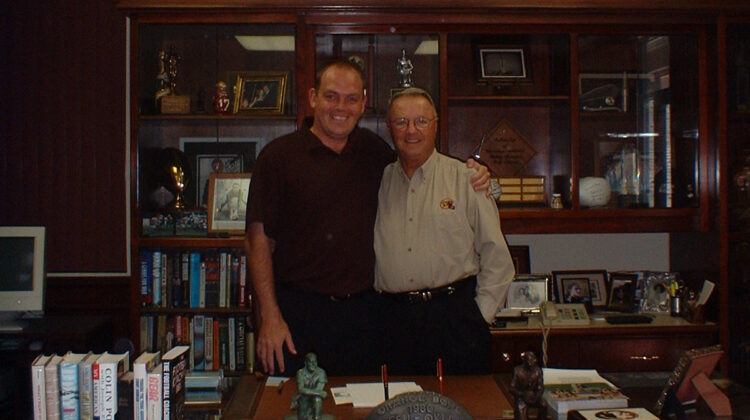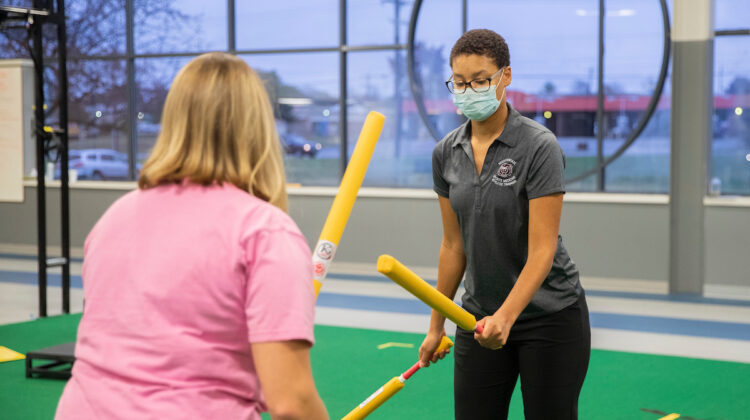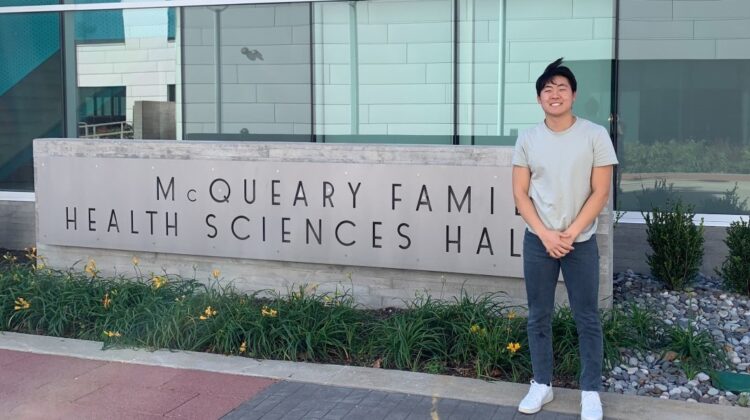In 2000, I started on an academic journey to understand what makes someone an expert. As I entered doctoral classes that fall at the University of Georgia, little did I know that four years later I would have the privilege of not only spending quality time with someone that truly epitomized what it means to be an expert, but also someone that shaped who I am today as a coach, teacher, leader, and person.
Therefore, when the news broke that Coach Bobby Bowden had died at age 91 after his battle with cancer, I spent time revisiting my journey with him and the lessons learned that have shaped who I am.
Telling stories that matter
Although I completed my dissertation in 2004, I have never academically published, presented, or even written an article about that amazing journey I got to call research. The truth is I didn’t know how to. How does one tell the complex story of an amazing career and life in an article while truly doing it the justice it deserved? After all, it took close to two years and 372 pages to tell only a small part of a story grounded in a reflective historical expedition. Yet what I have come to realize is that I do tell his story, in fact I tell them daily.
Since arriving at Missouri State in 2019 and having the honor of serving as the Dean of the McQueary College of Health and Human Services, I have often relied on the knowledge gained through coaching, teaching and research to guide processes and practices under the umbrella of leadership.
Listen to more about Smith’s journey and leadership
As we look to give thanks and spend time celebrating those things that are important to us both individually and collectively this fall and winter, I would like to publicly say thank you to Coach Bowden through this brief written piece in hopes that in a small way it somehow honors such a truly amazing man.
Prioritizing the important things in life
Truth be told, what made Coach Bowden successful was that he was true to himself. He never measured his success through the metrics of wins and losses, championships or the number of athletes who made it to the NFL. There was no magic bullet to success, no elevator to expertise. Throughout his lifetime, Bowden faced a considerable amount of adversity. The central foundation to his continual success was the order in which he prioritized life’s important facets.
This was not something that just happened. Bowden noted:
“I probably learned it. Well, I probably faced up to it. You know when you are young you are so busy trying to get ahead you may neglect some things that you probably shouldn’t have neglected. It is then that you finally realize there is more to life than football.”
How, then, did Bowden thrive and embody success on the very public and scrutiny-filled stage that is big time college athletics? He learned to prioritize what was important in life, and those priorities were, in descending order:
- God
- Family
- Others
- Football
Saying and living by your stated set of priorities is difficult and complex, but from my limited vantage point, he most definitely did. When discussing one’s life, it is difficult to piece together the roles and influences those experiences, events and individuals have had upon it. An experience that happened twenty-years ago may be viewed differently today than it was when it happened. It may have been viewed as insignificant at the time, but in the future is recognized as a pivotal and essential lesson.
Using past lessons to aid future goals
Therefore, lessons learned from sidelines past can continue to change and have new meanings within different contexts. The art of change is often slow, but with the aid of time we all can learn how to truly learn and see things differently.
In 2004 as the epilogue to my dissertation, I wrote the following:
When this journey began [dissertation] I sought to discover knowledge of teaching, coaching and education. I desired to learn the lessons of those that had traveled the career roads of knowledge. Yet, what I discovered was that I learned more about the type of human being I have become. Although, I have always faced life head on and enjoyed the company of those that have shared it with me, I have often struggled to balance the strain of working in a people-based business with the responsibilities of personal relationships and the ultimate sanctuary of solitude. However, my interactions with Coach Bowden have helped me understand my life priorities that with time can be further honed. I have often taken for granted the place and the people that see me at my worst – home. As a child, a roommate and as a husband home was where I lived—a place where I vented my frustrations with the world to those that did not deserve such aggravation. Thanks to this experience I further understand that home is where I feel safe. It is a sanctuary where I can share my insecurities, troubles, and my frustrations with the persons that I care about most.
Almost 20 years later, and after recent events (Covid, Elections, race relations), the words once again ring true, if not truer. I am hopeful that in sharing them, it highlights and acknowledges that fact that we have all been challenged and pushed to find meaning and hope in and through the difficult times we have faced and will continue to face.
In honoring Bowden’s life and sharing a small glimpse into his teachings, I think it is only fitting to conclude with a story that he shared. A story that is as meaningful and impactful as any win, championship, or trophy. A story that I hope enables you to give thanks to those that see you at your best and worst, during this season of celebration:
When I go home, I don’t want to see anybody. I don’t know if that is right or not, but that is just the way that I am. People might not realize this – I don’t like people coming out to see me. I don’t want to talk to people when I go home. When I come home, I want to be by myself, have Ann there, watch TV, read, or do whatever I want to do. Now, I hate to say that, but I don’t like people dropping by to see me. I don’t care who it is, it could be the President of the United States; I don’t want him dropping by to see me. I guess that is kind of quirky. Somewhere you have got to have privacy. I think I just need to get away and be by myself. I mean I don’t have very many close friends because I don’t allow myself to get very close to people. My friends are my family. I would rather be with my sons than anybody. They are the only ones that I don’t mind dropping in on me. Jeff comes by or Steve, or Terry, or Tommy, or the girls. It’s good. When I go home, I like to get away from everybody.
Coach Bowden, thank you for all that you shared and the wisdom that you taught me. I truly believe you are once again home.



